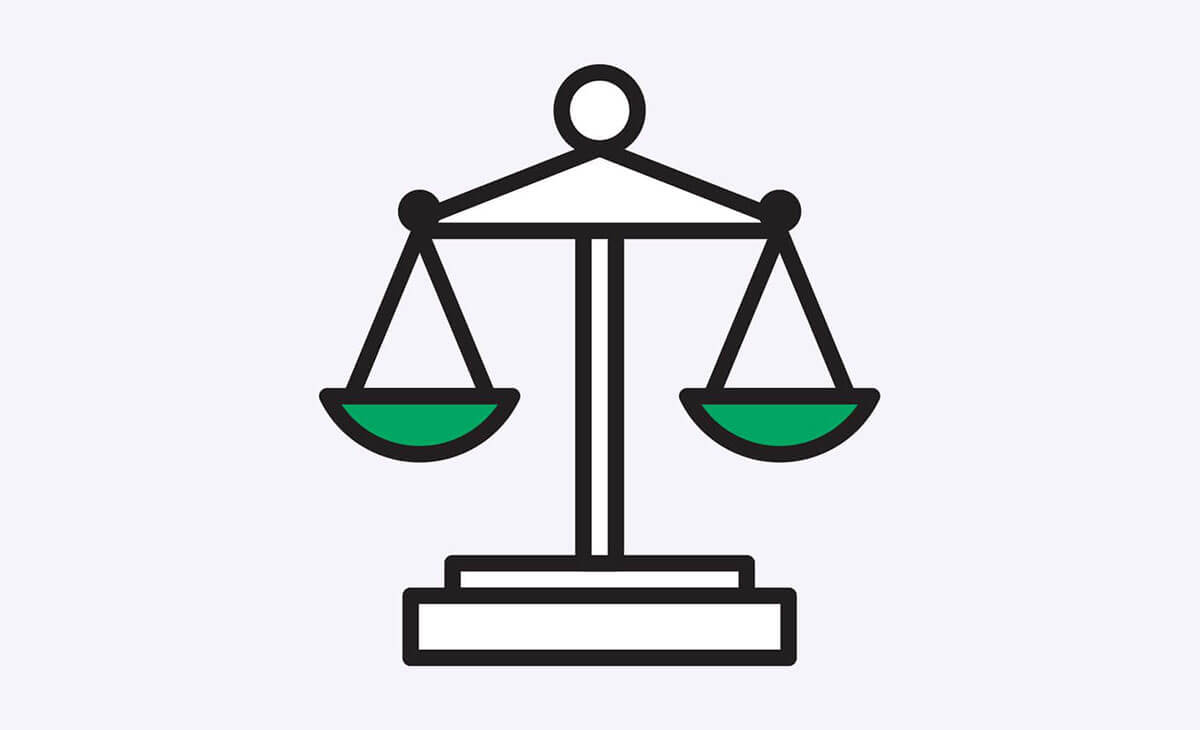The DiligenceEngine team has been speaking with a lot of corporate lawyers lately. A few partners have mentioned that one worry with using our system (which automatically populates diligence contract review summaries with provisions like assignment and change of control) is that associates could use our system to “cheat” on due diligence. They think some associates might only use contract summaries our system creates and not read the underlying agreements themselves. We understand their concern* but have two responses to these worries:
There are already ways to cheat on due diligence and (some) associates use them
We recently met up to talk diligence with some associates from a top firm. Their regular method of doing diligence was keyword searches—didn’t sound like they felt like they had time to read contracts page-by-page. One even recounted what they saw as a story of junior lawyer inexperience: a first year they knew who had a stack of diligence to get through, was reading page-for-page, and taking hours to get through contracts. I suspect heavy use of keyword searching as a replacement for—as opposed to supplement to—page-for-page due diligence is pretty common. And it is easy to understand why associates would think it’s a good way to get diligence done—it is fast and generally accurate. But while keyword searches may be generally accurate, it’s hard to say exactly how accurate they are. They might be 100% accurate. But they might not. As with most lawyer done diligence, accuracy is not known. And needing it to be 100% accurate does not mean it is.
Since this post is titled “How to Cheat at Due Diligence”, I’ll quickly cover a few other ways to cheat at due diligence:
- Scan the contract’s table of contents for relevant sections, then reviewing [only] those word-for-word
I would guess that this method is also fairly common, even among more senior lawyers. In the process of building our system I have done a lot of word-for-word due diligence. On the basis of this experience, I would not recommend scanning a table of contents as a way to get accurate diligence done. I have found relevant provisions in very unexpected places (e.g., a change of control clause in a notice provision). - Review a company’s filings/financial statements, and use this to tell where to look
This (like keyword searches and table of contents scanning) is a useful supplement to reading page-for-page. As an exclusive method of due diligence (if you are not worried about a broader set of contracts), it assumes the company got it right in the first place.
Please put other diligence cheating methods you have come across in the comments.
Cheating can work on very similar contracts that lawyers know well. For example, an experienced capital markets lawyer might be able to accurately review an indenture without having to go through it page-for-page. Ditto for a banking lawyer with a credit agreement. But, even then:
- Many contracts are not standardized
By algorithmically comparing large pools of documents, we have found that some documents—like swap agreements, merger agreements, and credit agreements—are highly similar but that others—like employment agreements, leases, and supply agreements—are not. And many contracts that need to be reviewed in due diligence are non-standard type. - Even standardized contracts can have deviations
Tools like blacklines can help catch deviations but can be time consuming to put together. - Standardized contracts may not say what you think you do
Once, when I was a Biglaw corporate associate, I needed to help a client do something non-standard with a structured entity (a CDO). Structured finance counsel said it couldn’t be done (based on their familiarity with structured entity governing documents). Then we read the CDO’s governing documents. It turned out they did not say what the structured finance counsel thought they said (this despite the fact that structured finance documents tend to be highly standardized). This was likely not a unique experience.
You can use our software’s known accuracy to gauge whether associates are cheating
We know how accurate our software is now. It finds over 90% of nearly every provision it covers. This means it misses 10% or less, but it does miss some. Which means if associates hand over unimproved summaries you might have a rebuttable presumption the associates have not done a thorough job.
We think good associates will continue to read contracts themselves. That said, junior lawyers have ways to cheat with or without DiligenceEngine. Lawyers supplemented by DiligenceEngine generate more accurate diligence summaries in less time. Why not run DiligenceEngine against summaries your associates have already prepared and see how it performs? Get in touch and we can set this up for you.
* Associates solely relying on our system for due diligence summaries is disconcerting to some because our system is generally 90% accurate and firms would like to have 100% accurate due diligence (though it is unclear how accurate large law firm due diligence currently is). So 90% would not cut it—in situations calling for 100% accurate due diligence our system would make a great way to get to a first draft of diligence summaries or as an error checker.

